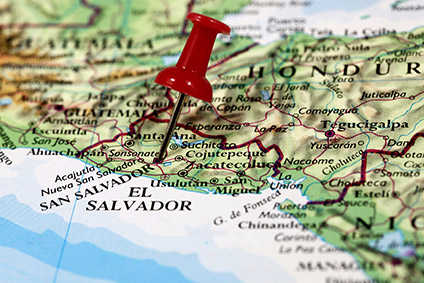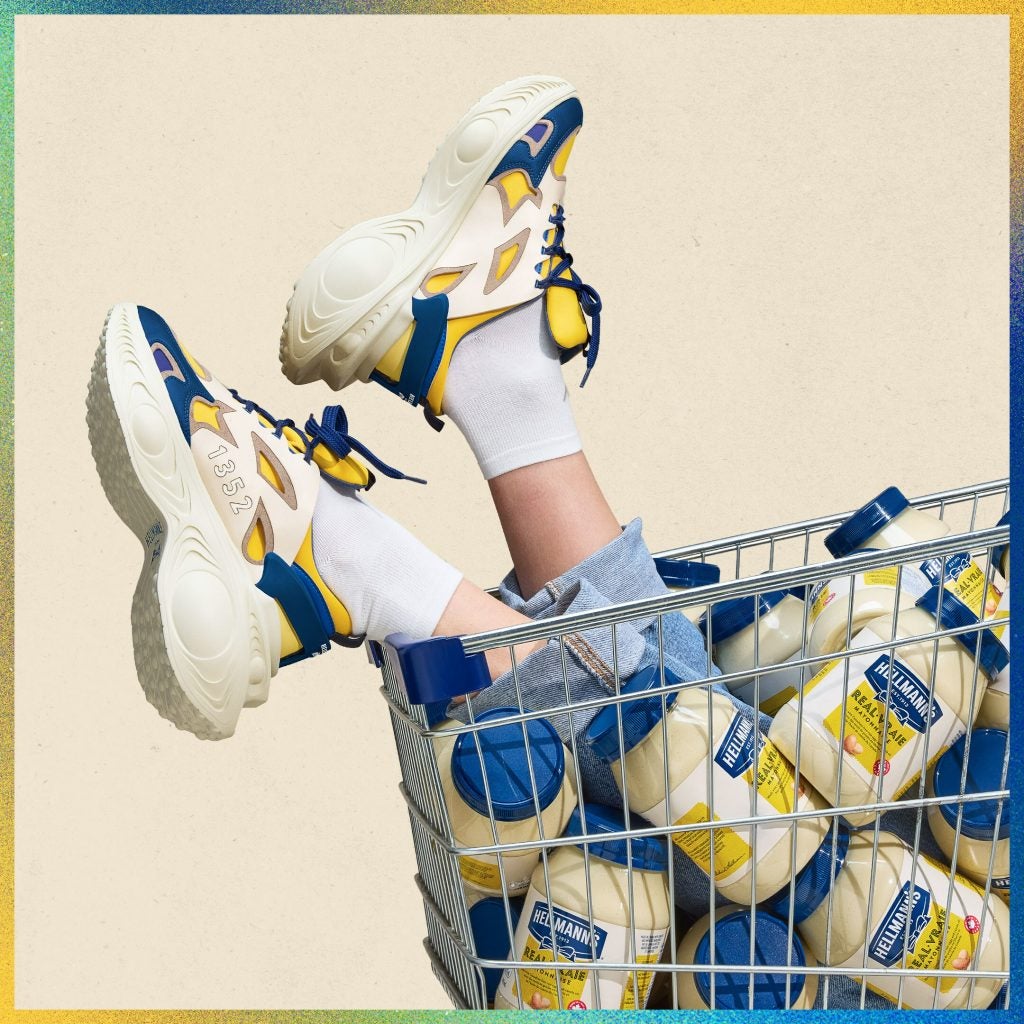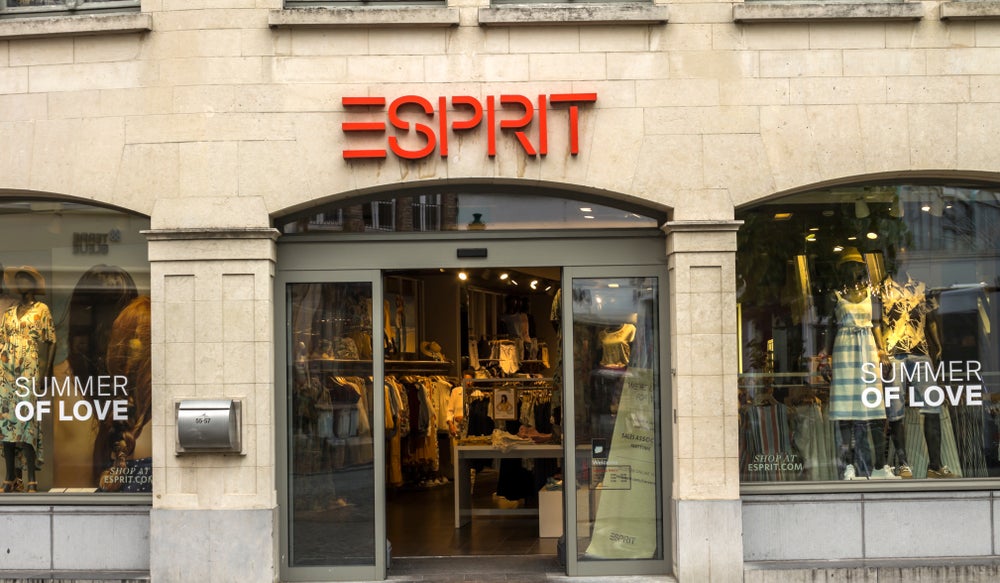
El Salvador clothing manufacturers are seeking to solidify their focus on underwear exports, from basic cotton intimates to trendy and sophisticated lingerie.
Flagship US-based underwear companies have settled production in this central American outsourcing hub, making a wide range of lingerie and more basic underwear for the likes of HanesBrands, Fruit of the Loom and Intradeco.
According to industry association Camtex (Cámara de la Industria Textil y de la Confección de El Salvador – the Chamber of Textile Industry, Clothing and Free Zones of El Salvador), sales of El Salvador-made cotton underwear (which includes T-shirts and socks in its statistics) generated receipts of US$148.7m in 2018, with bra exports generating sales of US$71.6m. This is out of total clothing and textile exports of US$2.6bn.
Women’s underwear, along with synthetic socks and cotton baby clothes, are the items that have experienced most growth in exports from El Salvador in 2018, CAMTEX says. Exports of women’s underwear and synthetic socks each grew by 28.8% year-on-year in 2018. Nearly 90% of El Salvador-made underwear products head to the United States.
“El Salvador still produces a lot of underwear and it is sold at a higher volume than activewear,” Patricia Figueroa executive director of CAMTEX, told just-style.
Underwear production was established in El Salvador when the sector started in the 1960s and then bloomed when the Central America Free Trade Agreement (CAFTA) was signed in 2006.
How well do you really know your competitors?
Access the most comprehensive Company Profiles on the market, powered by GlobalData. Save hours of research. Gain competitive edge.

Thank you!
Your download email will arrive shortly
Not ready to buy yet? Download a free sample
We are confident about the unique quality of our Company Profiles. However, we want you to make the most beneficial decision for your business, so we offer a free sample that you can download by submitting the below form
By GlobalData“Since the beginning of the sector, the first companies focused on the production of underwear, socks, bras made of cotton,” Figueroa explains. El Salvador’s proximity to the US enables it to import cotton, which is still necessary to make most underwear. “We work in strengthening the supply chain between El Salvador and the United States, and it goes both ways.”
And the industry wants to increase the amount of production undertaken in El Salvador by scoring orders for more complex lingerie. “There can be design, dyeing agents, special mills, chemicals, anti-perspirant fabrics,” all of which add value, says the CAMTEX executive director.
Given El Salvador’s proximity to the US, manufacturers can take advantage of when the “industries of lingerie and fast-fashion coincide,” Figueroa adds. “We produce garments for every season, such as special lingerie for Valentine’s Day,” generating sales of the value-added products that El Salvador manufacturers want to develop.
Figueroa also notes how the sub-sector is also seeking to tap growing demand for sustainable garments in the US by developing organic cotton lingerie lines – a segment that “could grow more.”
HanesBrands business
US-based HanesBrands, the largest exporter with plants El Salvador, invests both in underwear and activewear. Indeed, the company last year told just-style it was investing around US$10.4m in El Salvador in 2018, with a new garment dyeing facility, expanded sock production, and the addition of 430 new employees.
“We manage a strong strategy focusing on one of our star brands such as Champion,” René Villareal, vice president of operations of HanesBrands for Central America, told just-style.
“However, the underwear business continues to be a vital part of the portfolio of garments produced in El Salvador.” Indeed, underwear represents 13% of exports volumes (by weight) for HanesBrands from the country.
HanesBrands operates a plant fully dedicated to the production of bras in all sizes for the US market, Confecciones Jiboa, in El Rosario, La Paz. The plant produces US best-selling bras such as Playtex 18 Hours and Just My Size.
Orlando Corredor, director of intimates operations for HanesBrands in Central America, believes the workforce must constantly learn new techniques and processes so the company retains its lingerie competitive edge. “Before, it was normal to introduce four new styles a year at our Confecciones Jiboa plant, but last year we introduced over 20,” he says.
Reinforcing the importance of El Salvador as a sourcing base, HanesBrands has just announced it is to close its sock manufacturing plant in Mount Airy, North Carolina – and move production to El Salvador.
Underwear niches
Other Salvadoran companies have been developing underwear niches. For example, Nemtex, based in San Salvador, focuses on shapewear undergarments and powernets used in higher-end compression garments, such as bras. Its automated elastane warping machine, from Sew EuroDrive, attests to its investment in high-technology engineering machines.
Intradeco, with its production plant Intradesa located in Soyapango and Santa Ana, has invested in producing sleepwear and thermal underwear for brands such as Fruit of the Loom, Dickies, Izod, and others, and supplies to Walmart. Since 2014, the Knothe Division of Intradeco has designed, produced and marketed underwear and sleepwear for Geoffrey Beene, moving beyond simple underwear and developing the necessary technical expertise.
Figueroa hopes that “more investments for new niches and fabrics” will help make the lingerie and other specialist sectors more robust in El Salvador. “We made a jump forward with the arrival of the synthetics in 2007 and now we are prepared for the next step.”
As reported on just-style last year, the country also hopes to benefit from joining the Customs Union of Central America, also called the Northern Triangle Customs Union.
This will harmonise 98% of internal tariffs between Honduras, Guatemala and El Salvador and allow for 95% of products to move freely across borders between the three countries. As well as boosting US corporate investment and American trade with the region, it will also facilitate digitised paperwork, cheaper transport logistics, public infrastructure improvements and industry clusters.






